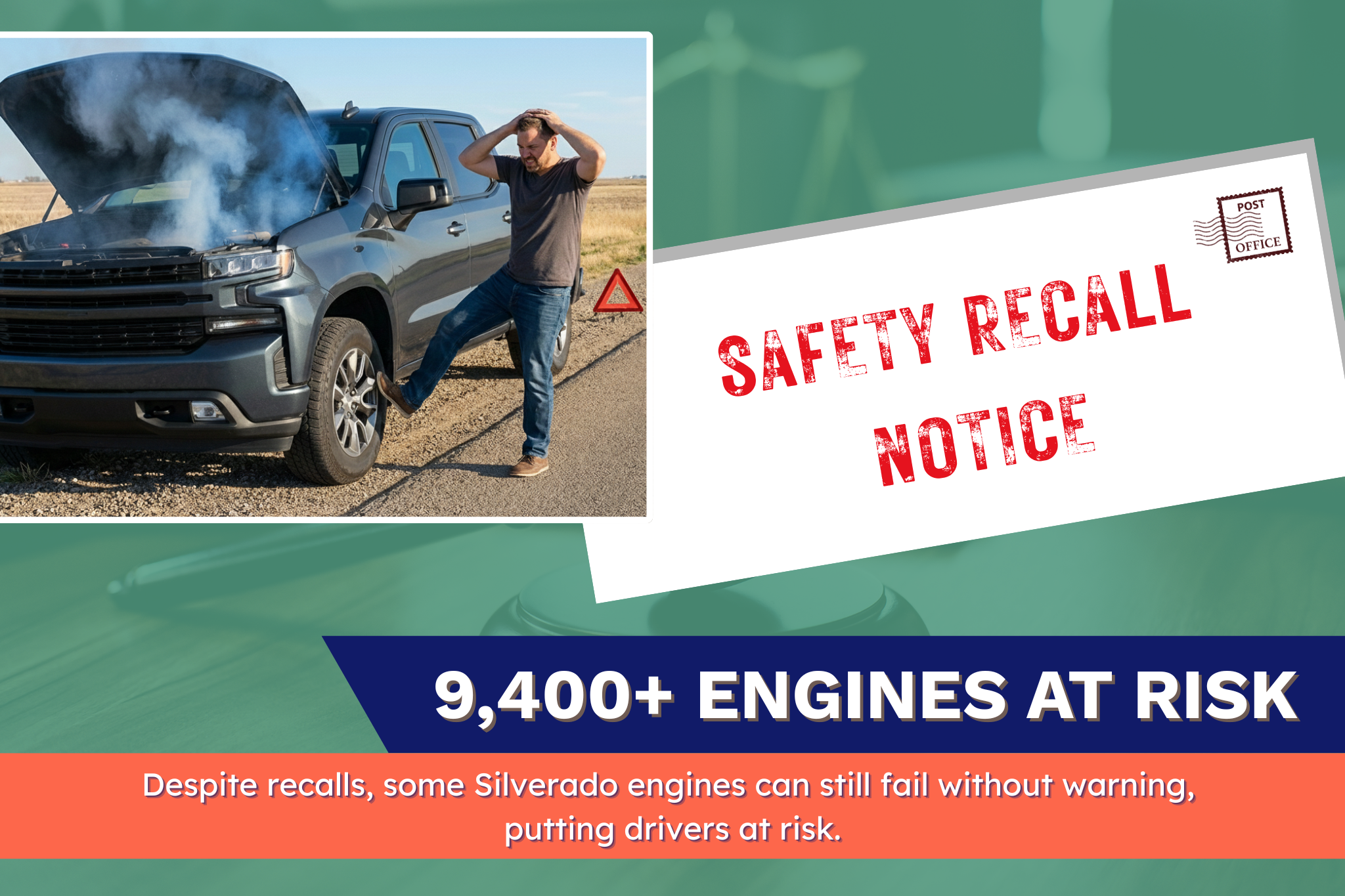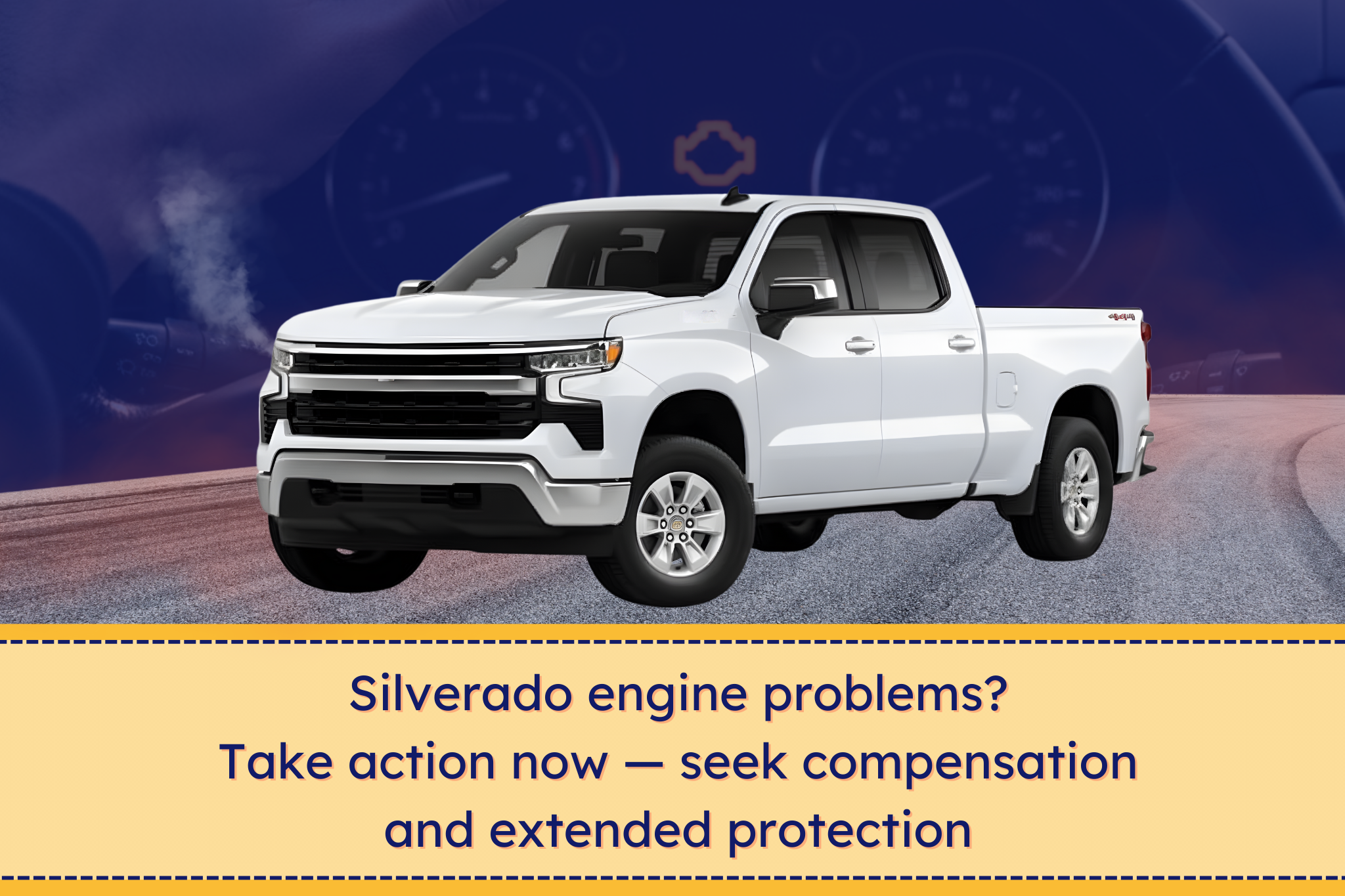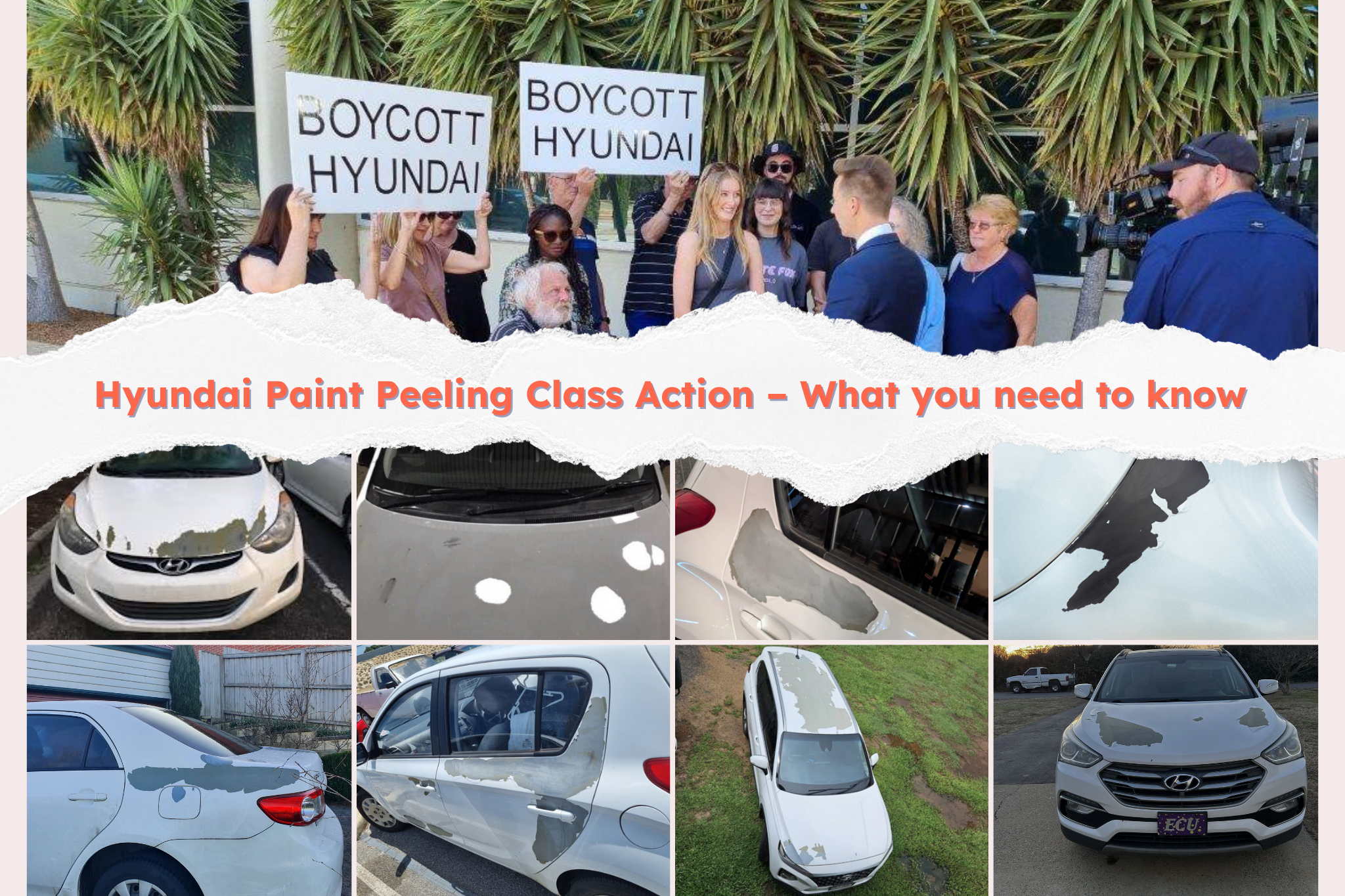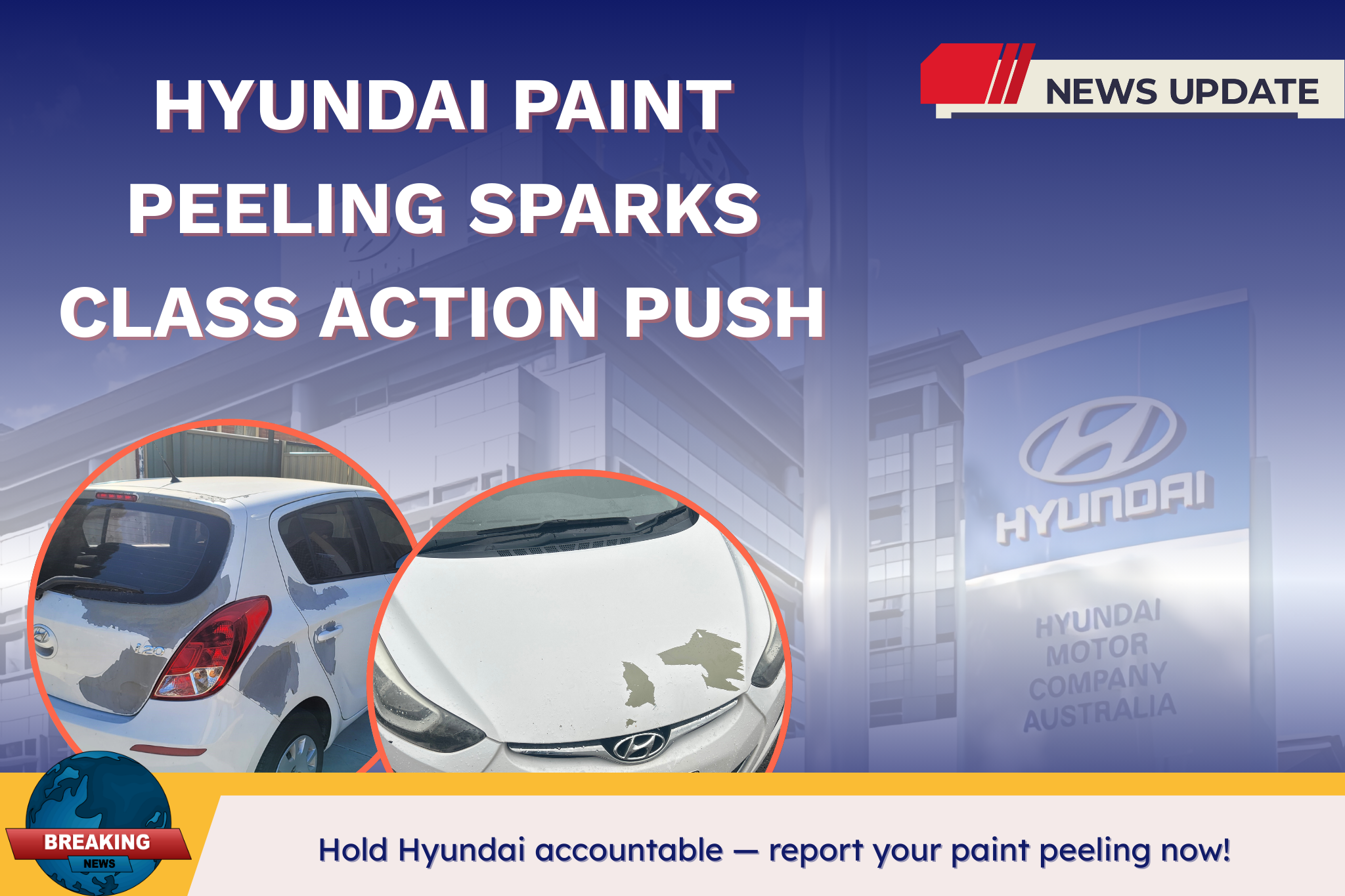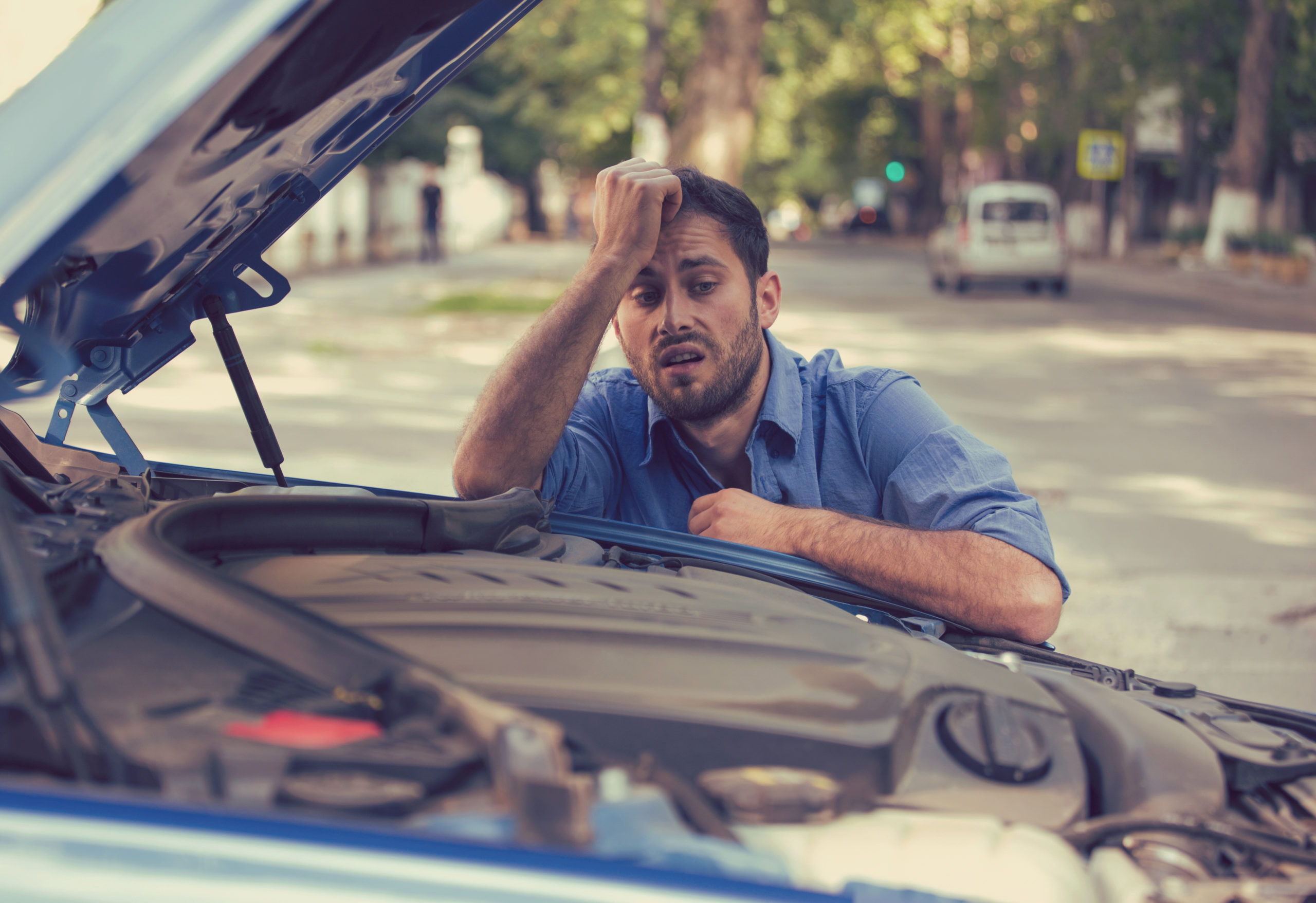
Total recall: The rundown on car recalls in Australia
If you hear the words “recall” and your car make and model in the same sentence, it can send you into a spin. That's probably because car recall is almost always associated with negative thoughts, such as danger, the potential for accidents, and maybe even expensive repairs.
But are car recalls always bad? Is there ever a good time for a manufacturer to announce a recall?
What is a recall?
A recall is usually issued when there's a safety issue with the car that needs to be fixed. For example, there might be a problem with the brakes or steering. The manufacturer will contact you (usually by mail) and let you know about the recall. They'll also give you instructions on how to get the problem fixed.
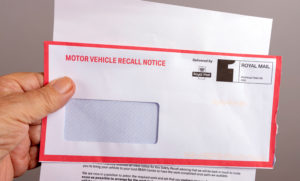
In most cases, the manufacturer will arrange for a free fix at an authorised service centre. You might have to book an appointment, but it shouldn't take more than a few hours.
There are two types of recall: voluntary and compulsory. Car manufacturers make voluntary recalls, although the Australian Competition and Consumer Commission (ACCC) and other regulators can also negotiate with them to ensure the manufacturer issues one.
Suppliers in Australia are required to notify the ACCC of a voluntary recall action within two days. If a product has caused death, substantial harm, or serious illness, they must also report it to the ACCC.
Compulsory recalls happen when the ACCC urges the relevant Federal Minister to issue one in order to safeguard consumers from hazardous products.
Why do recalls take so long?
It can take some time to identify that the issue is common to many of the same model, prompting the manufacturer to act. It is obviously also a very expensive and lengthy process, usually involving the following steps:
-
- Identifying customers and the best ways of reaching them
- Keeping details of the people involved in the manufacture, supply and sale of each product
- Recording details of key components of the products, including batch numbers and supplier details
- Ensuring that batch numbers are recorded and tracked on products, not just the packaging
- Deciding how each product, if recalled, can be collected, repaired or destroyed
- Considering providing incentives such as gift vouchers to encourage customers to participate in the recall
- Considering obtaining recall insurance and/or expert crisis management advice
- Clarifying who is responsible for specific recall tasks in the organisation
The car manufacturer may also need to design and test a fix for the issue. Or, if there is an issue with parts, the manufacturer may need to wait for new parts to be delivered. In some cases, it may take months or even years for a recall to be issued.
Do car recalls expire?
Car recalls generally do not expire. The offer for repair is open until the issue has been fixed. If you sell your car privately, you should inform the new owner of the recall and any outstanding work that needs to be done. But you are not legally obliged to do so.
Can a car have multiple recalls?
Yes. In fact, some models have been recalled multiple times for different issues. Mercedes-Benz S and C Class are examples. Mostly these are software issues, which affect how the car works.
What happens if my car is recalled?
If your car has been recalled and you have been told to stop driving it, then do so immediately. However, if you have been asked to bring your car in for repairs, it is generally safe to drive it until you can get to a dealer or repairer. If you are unsure, contact your car manufacturer for advice.
The repairs are done free of charge and usually don’t take long. But occasionally, you may need to leave your car with the dealer or repairer for a few days or weeks while the work is being done.

You should never ignore a recall. Aside from the obvious dangers in the models you’re advised not to drive, there are other negative consequences. In NSW and Victoria, for example, anyone who ignored the Takata airbags recall would have been unable to renew their registration. You can also void your car insurance through inaction.
What are my rights as a car owner?
You have the right to have any safety issues with your car fixed free of charge, even if your car is no longer under warranty, according to the ACCC’s guarantee on vehicles. You also have the right to be compensated for any inconvenience caused by a recall. This includes getting a replacement car for the duration of the repair. You should contact the dealer or manufacturer to discuss your options.
What is considered to be a reasonable time without a car?
This depends on the nature of the recall and the work that needs to be done. In some cases, a few hours may be considered reasonable. In other cases, a few days may be reasonable. There are a number of factors at play, including the nature of the problem, the availability of technicians and the wait for parts or other materials.
If you have problems with your car after it has been recalled, you should contact the dealer or manufacturer. They may be able to help you resolve the issue. If you are still not satisfied, contact the ACCC for advice. The Consumer Guarantees entitles you to either a replacement or refund.
Where can you find information about recalls?
Whether you're buying a new or used car, it's good practice to check its recall history on the Vehicle Recalls website. Just enter the car's make, model and year of manufacture.
Alternatively, you can browse all recalls on the same site and filter the results by brand. If the car has been recalled, the report will tell you what problem was found and what action should have been taken (if it’s an older recall) or needs to be taken.
And if a car you own has been recalled, you should receive a notification from the manufacturer about the problem and how it will be fixed.
So, if you're worried that your car has a safety defect that hasn't been fixed, you can contact the manufacturer or dealer to ask if the car has been recalled. You can also report safety problems with cars through the sites mentioned above.
If you want to be notified of future recalls, sign up for email notifications from Vehicle Recalls. You can also follow the website's social media pages to stay in the loop.
Where can you find information about recalls?
Dealers are legally obliged to tell you about any recall notices issued for a car before you buy it. If they don't, they could be breaching consumer law. Sadly, this legal requirement doesn't apply to a private seller. They don't even need to have had a faulty component or accessory replaced prior to selling.
If you're not sure if a recall has been issued and repairs carried out, check the car’s service history. This should show whether the problem was fixed and when. You can also contact the manufacturer or dealer to ask about the recall.
Keep a copy of any correspondence between you and the manufacturer, dealer or private seller, as well as records of any repairs. This can be useful if there are any problems down the track.
What are some of the biggest recalls in recent times?
While Australia wasn't part of Mazda's 50,000+ car recall in 2011, we were affected by the largest recall in history involving more than 100 million cars globally: the Takata airbag. It affected more than three million cars in Australia and more than 50 brands of cars, including Audi, BMW, Ford, Holden, Mazda, Mercedes-Benz and Toyota.
Some brands have had more recalls than others. If you check the Vehicle Recalls website, the top five are:
-
- Mercedes-Benz, 281
- Toyota, 203
- Ford, 195
- Holden, 184
- Mitsubishi, 129
At the end of the day, it's important to remember that car recalls happen and it doesn’t mean that the car is of poor quality. They are usually issued to fix a safety issue and, while a recall is frustrating, especially if your car is new, the manufacturer is doing it to keep you safe on the road.
How have these brands handled recalls?
While some companies have been praised for their handling of recalls, others have fallen well short of the mark. Mercedes-Benz was criticised for the way it handled the Takata airbag recall and was accused of downplaying its dangers according to the ACCC.
But perhaps the biggest cover-up involves Volkswagen and its 'dieselgate' scandal. In 2015, the company was caught cheating emissions tests in the US using a 'defeat device' but tried to deny it and burned pieces of evidence. In 2017, the company executives pleaded guilty to the emissions scandal. The German carmaker has since been fined billions of dollars, and its reputation in tatters.
What if I discover a fault with my car is common to the brand?
This doesn’t automatically mean that the brand is less reliable. In fact, it may just be that they're more proactive in issuing recalls when a problem is found.
However, if your car has not been recalled and you are finding many other owners online with the same issue, it is worth banding together to try to bring it to the attention of authorities as a group. This is particularly the case if you are not getting any assistance from the car manufacturer or dealer.
What if the fault is potentially dangerous?
You can lodge a safety complaint with the manufacturer or dealer of your vehicle. And if they don't act on your complaint, that's the time you escalate it to the government authorities.
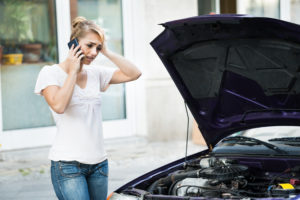
If there's been no recall issued but you think there should be due to a safety issue, you can contact the Department of Infrastructure, Transport, Regional Development and Communications, which will then assess the complaint and decide whether or not to investigate further. If it's about vehicle quality, you may also reach out to your state or territory consumer protection agencies.
And once the Vehicle Recalls Team finds that there is a problem with a car that could pose a safety risk, they will work with the ACCC or other regulators to ask the car company to issue a recall. The car company then has to let all affected customers know about the problem and how to fix it.
Who do I lobby for a recall?
Lobbying for a recall is best done through pressure from an organisation, rather than as an individual. Organisations such as Consumer Reports in the US have been effective in testing products and putting pressure on manufacturers to make vehicles safer and issue recalls when necessary.
In Australia, there is no one consumer organisation that specialises in recalls. But there is power in numbers. Use social media to reach out to car owners experiencing similar issues and lobby relevant government authorities together. And, of course, Handle My Complaint is always here to help.
Act quickly
Car recalls are a reality and they can happen to any brand or model of car, so always do a history check if you're considering buying.
If your vehicle is subject to one, know that you have rights as a consumer. If you have a problem with your car, make sure you take it to the dealer or manufacturer so they can fix it.
And if you think there's a bigger problem that needs to be addressed, don't hesitate to reach out to the authorities. Just make sure you lodge a complaint as soon as possible. Don't wait until someone is injured before you take action. The sooner the problem is fixed, the safer we all are.
If you're unhappy with how your complaints are being handled, or you haven't been given a replacement car and your recalled vehicle has been with the dealer for weeks on end, tell us and HMC will help resolve the issue.



